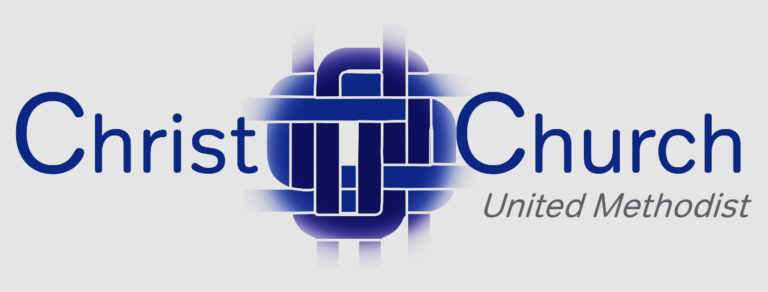Psalm 104:24-34, 35b
When walking in Midtown Manhattan, sometimes I marvel at the impressive architectural design, the grandeur of towering skyscrapers, and dazzling displays of opulence. These material things are a testament to human creativity. Yet, as I peer beyond these towers of human potential and superstructures of self-glory, I stand dumbfounded by objects more impressive than the magnificent lights and breathtaking buildings. I suddenly notice material things that humanity did not create. I see the luminous sun glowing beyond the heights of the towers and feel the radiant heat from an object millions of miles away. This awe-inspiring moment causes me to ponder and acknowledge that the spectacular lights of Times Square pale in comparison to the light of an average sized star that lights up our galaxy. Like the psalmist, I pause and marvel that the sun and galaxy is part of God’s manifold works displayed in God’s creation.
The sight of spectacular stars above the city’s skyline and the Hudson River that flows into the great and wide Atlantic Ocean points to the transcendent other. Furthermore, the rising and setting of the sun as well as the rising and falling of the sea is a signifier to humanity that there are some things outside of our control. Creation is a signpost situated on the crossroads of unbelief that points beyond human ingenuity toward the direction of God’s existence. The psalmist praised the Creator and expressed admiration to God because of God’s creation which includes “living things both small and great.”
As I continue to walk down the maze of Mid-town blocks and labyrinth of city streets toward Columbus Circle, I venture into the paradise of Central Park—Manhattan’s Garden of Eden. I notice squirrels eating nuts from oak trees and pigeons eating bread left on the walkway by a tourist. This moment causes me to ruminate on the psalmist words “that you give them their food in due season”. My mind quickly ventures beyond the ascent of my circumstances and fears to the peak of trusting in God. We should begin to look beyond life’s burdens toward the bell tower of God’s providential care. The psalmist points out that God cares for living things both small and great. Paying attention to squirrels and pigeons in a park is a reminder of God’s providential care for us. It is a good practice to remember instances when God gave us daily bread. Yes, wisdom exhorts us to act responsibility by planning, praying, and working hard. Psalm 104 subtly refers to this as the act of gathering in. Yet, we must always acknowledge that God is our source of daily provision.
Sometimes God’s provision can even come from unexpected sources like pigeons eating bread in the park that falls from the hand of strangers. There might even be times when it seems like God opens God’s hand and provision drops right in front of us. I remember walking in a crowd after a youth football game on a dirt path in New Jersey. Having lived in Brooklyn, I had grown accustomed to looking on the sidewalk as I walked. That day I looked on the dirt path and in front of me I saw a $20 bill. This money that was left on the dirt walkway was my daily bread for that day. What God gave me, I gathered in. I turned my gaze from looking down and looked up to praise God for God’s providential care. What some people would deem as a coincidence was an answer to prayer earlier in the day. God cared enough to provide money for me to purchase food after a youth football game for my family. God cares enough for you to provide what you need today.
The psalmist penned, “I will sing to the Lord as long as I live.” Today take the opportunity to sing praise to God while you have your being. We should thankful for daily bread and marvel at the majesty of God’s creation. Yet, we should steer away from the path of becoming infatuated with material things, idolizing aesthetics, or immortalizing human progress. Let our “mediation be sweet to Him; we will be glad in the Lord.”
